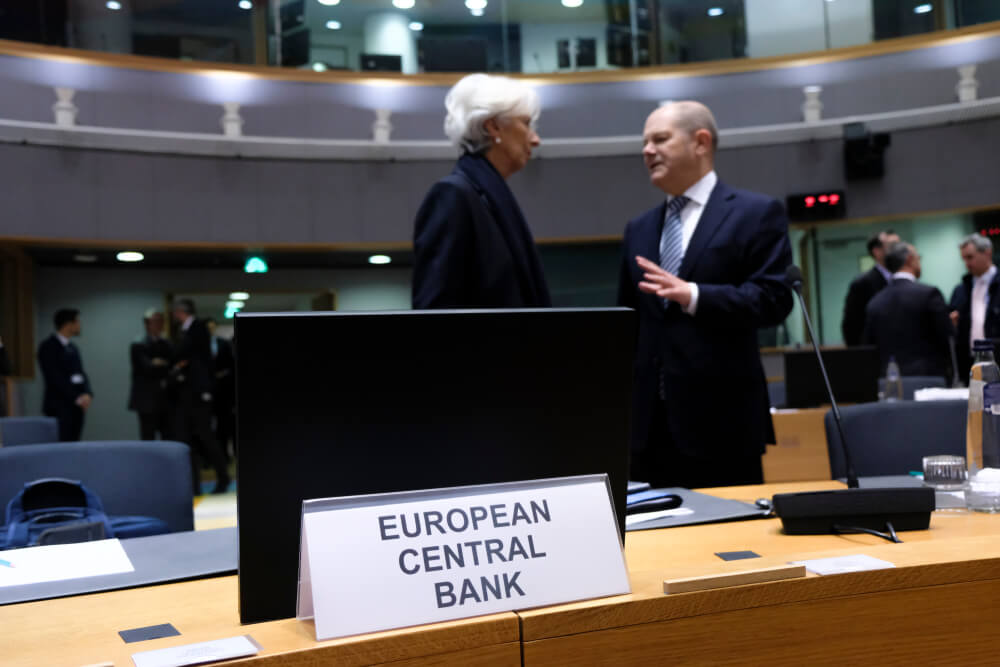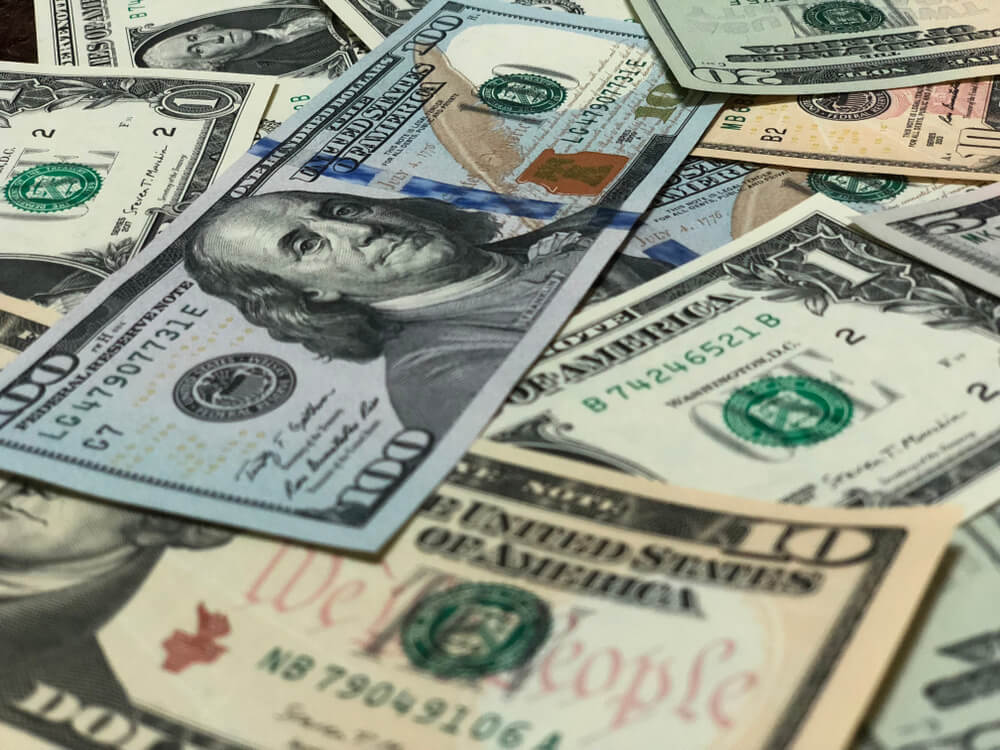The ECB announced its policymakers would set a new policy path due to COVID-19’s third wave amid surging infections. It would let inflation above 2% when interest rates fall in the 19 countries that are using a single currency.
An analyst commented that this change in plan was unanimously agreed upon. However, he added that the central bank would struggle to implement it.
Besides, the ECB’s Governing Council, which set interest rates, disagreed with the eurozone’s economic outlook. Therefore, the central bank will need more stimulus, specifically bond purchases.
Based on its ongoing policy, ECB will buy bonds as long as it is necessary. It also aims to keep its interest rates at the current level until it meets its inflation target.
The Governors of Portugal and Italy, which are indebted nations, argued that ECB’s new plan means making a generous stream of stimulus for longer. The former stated that ECB’s strategy takes in temporary and moderate inflation data over 2%. He added that everyone must be calm with alterations they previously would not support.
In addition, the latter said that any impulsive tightening must be dodged. Also, he cited COVID-19’s third-wave risk, which caused lockdown reimplementation in some eurozone nations. Meanwhile, ECB Chair Christine Lagarde did not give any specifics on how the new plan will change. Even so, she emphasized the perseverance that policymakers need to exhibit.
An analyst commented that Lagarde’s statement suggests she might side with the doves’ camp.
Eurozone Inflation Eased, ECB Expects Reversal
Last month, the inflation in the eurozone region slowed down following a steady climb in this year’s first months.
Meanwhile, the trade surplus in the area subsided in May due to the decrease in exports, based on confirmed data.
Eurostat, which is the EU’s statistical authority, stated that the consumer prices in the 19-country euro bloc climbed 1.90% last month. This is the first deceleration since September 2021. In addition, this data is less than the 2.0% gain last May.
The core inflation gauge, where volatile unprocessed food and energy are excluded, was confirmed to be flat at 0.90% last month. This is lower than May’s 1.00%.
Later this year, ECB expects that inflation will increase. However, it is mainly due to the global economic recovery from the pandemic. Therefore, the central bank is not planning to tighten its monetary policy. Additionally, the cost of borrowing will remain low until the next preceding years.
















